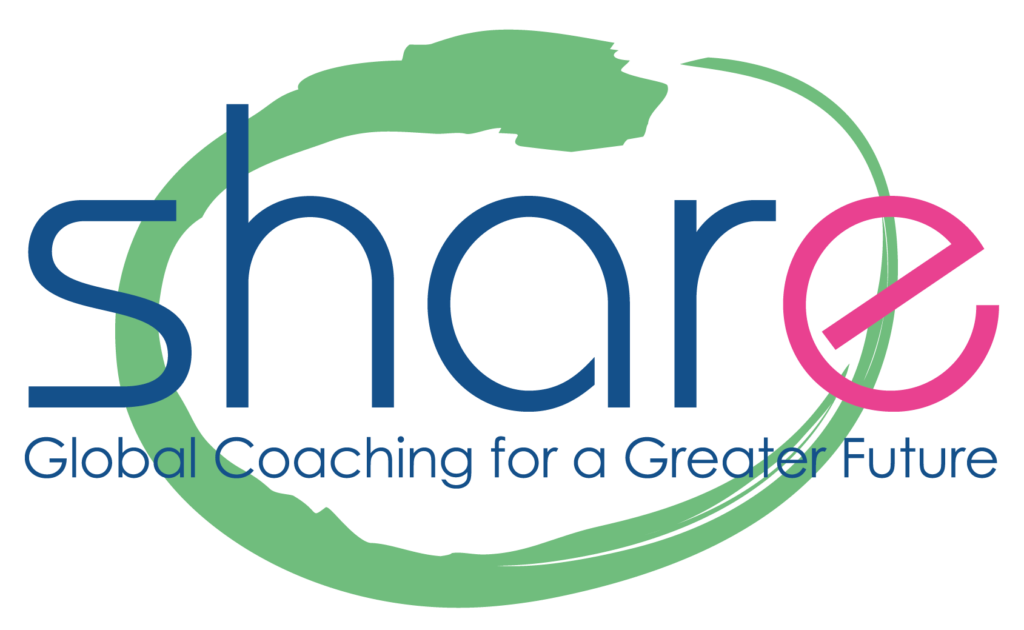Most of us would agree that these past two years have been transformative, one way or another. Even if we didn’t realize it at first, they pushed us to reconsider, rebalance, reprioritize what matters in our life. Many of our clients are re-discovering parts of themselves left unattended for a long time and experiencing mindset shifts.
Lately, I’ve been working with many clients that at the beginning of our conversation wanted to know “what’s next”, even if they just landed the job of their dreams. By the end of the session though, they realized that all they know and can know is what lights them up right now and what fundamental values they want their life to be aligned with in the future. They also realized that, when this restlessness arises, what they need most is to stop and listen to themselves to understand what their deep need and desire is.
So, as the end of 2021 approaches, let’s acknowledge what is really important for us. Let’s ask: is it still relevant to make a list of goals and defined objectives for the new year, or maybe there’s a better alternative?
From Agenda (Year-End Goal Setting) To Intention
As we already covered in an older newsletter, year-end goal setting often stirs up unmotivated optimism, unrealistic expectations, a strive for perfection and, sometimes, feelings of anxiety (and who needs more of that?). In synthesis, it’s good when you’re setting it, but it may backfire and stress you out as you try to accomplish the items on the list. Also, you may feel compelled to stick to something that in a few months you don’t care for anymore.
With this article, we want to propose an alternative, a little thing that, based on our experience, goes a long way: setting an Intention.
The concept of “Intention” can look very different according to who is talking and can be open to many interpretations. Here we propose our take on it.
The most important distinction is that an Intention is different from an Agenda. The fundamental difference is in the attachment to the outcome of your actions or behaviors.
When you set and AGENDA you are thinking of undertaking a set of actions and behaviors which will bring you to the desired outcome, which is consciously or unconsciously connected to a feeling or state you expect to experience when you achieve that outcome. In this case, you are assuming that a certain behavior or achievement will correspond to the desired feeling (typically a feeling of happiness and fulfillment). Numerous experiences and scientific research though, have proved this wrong, as we extensively explored in our article 2020-Time for a New Definition of Success Part II. The core concept is that there’s no direct correlation between the two, it only depends on how aligned with your core values the objective ends up being in the moment you achieve it.
First of all, as we described in a previous article, scientists discovered a duration bias of the mind in affective forecasting. In other words, we fail to estimate the duration of the feeling a future event will generate, the emotional impact of something yet to come. Generally, we overestimate this impact, both for a positive and a negative event. The truth is that we can’t know how the future event will look like, what other circumstances will be affecting us at the same time, how our priorities and needs would have shifted at the time of the occurrence.
Secondly, for a series of circumstances, be them external (very much possible in a world like today’s that is so unpredictable and volatile) or internal (our priorities shift, we change) you may not be able to reach what you had in mind. This often leads to feeling bad about yourself and guilty for what you see as a failure.
Third, focusing on something specific can make us lose a lot of joy and learning along the way, as well as new opportunities we couldn’t possibly think of at the time we had set our goal.
What An Intention Is
Let’s now see how an INTENTION looks like, in the interpretation we propose.
First and foremost, an intention focuses on the process and not on the outcome. I know that may sound counterintuitive. In the end, an outcome is what you want, right? But the truth is, we can’t control the outcome, or how something will feel like. Don’t get me wrong, is wonderful to have a vision, but the process is really all we have. How we live our lives NOW.
In meditation, for example, you can set an intention to be “completely still, upright, alert and relaxed, focusing on your breathing for 20 minutes”. That’s it. You do the practice, day after day. The outcome will come – in a form you can’t even anticipate – but you are not “seeking” anything specific. You just show up to practice consistently.
Translated into the day-to-day, that’s how we can show up to our life. Intentions in fact are connected to values, and values are different from goals: you can’t “achieve” a value, you can embody a value or align to a value.
For instance, “make new friends” is a goal, while the need for “connection” is a value underneath that goal. And the beauty of it is that, if we look at the value instead of the specific targeted action, we have many more possibilities to align with it. Making new friends for instance is a mean for achieving connection, but it’s only one of the strategies we can rely on, and a strategy that also depends on other factors than ourselves.
But if we look at “connection” per se, we can find it by, for example, volunteering, subscribing to a class we are passionate about with other people, to a platform where we discuss with others a topic we love, with animals, nature, by deepening the relationship with our existing friends…and so on. None of these actions prevent us from also making new friends, but looking at the value instead of the goal opens up more roads and possibilities for us to meet our needs.
By setting an intention we go a step further. By knowing our values, we try to build a life that is aligned with them, using them as a compass to give us direction and fulfillment and helping us make choices. We also start to embody our values. For example, if “connection” is one of our values, we can bring connection into our life, not only search for it externally. It comes from us, instead of us waiting to receive it from others. To do that, we set an intention to be open, curious, not judgmental, compassionate, every day. We basically respond to the question: How do I show up for connection in my life? How do I bring connection everywhere I go? In the way I live? To others?
The biggest question here is: what are your important values in your life now?
This is all yours to take ad answer. And when you do, set your intention – show up for it day in and day out and magic will happen, without you needing to decide anything upfront, in ways that are not yet yours to know.
By Anna Gallotti & Selika Cerofolini



